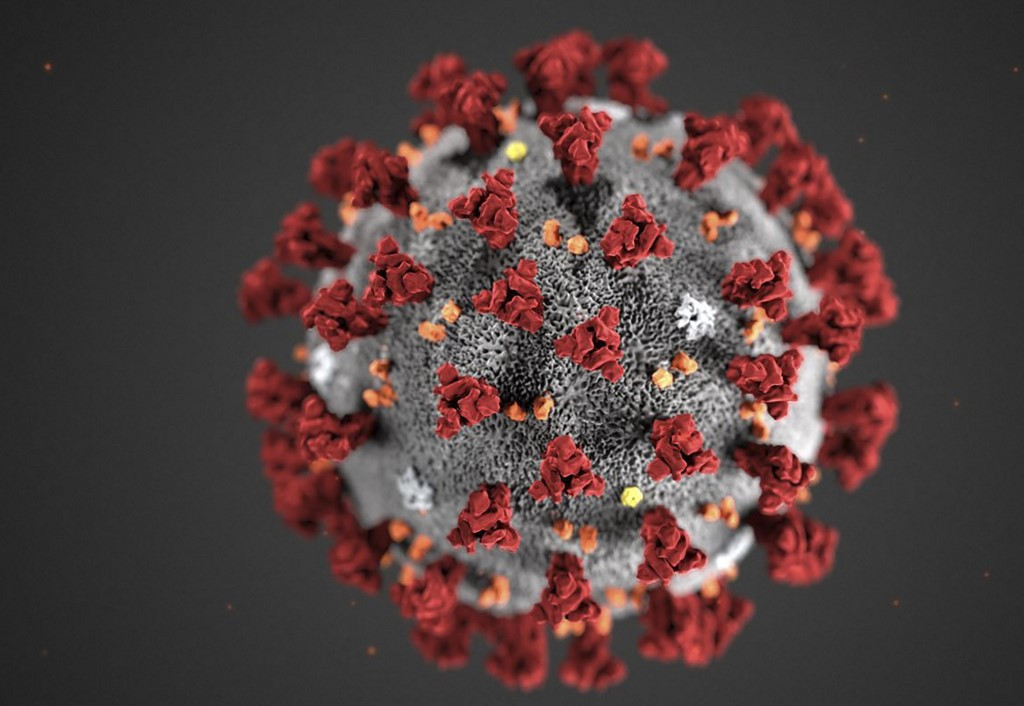Popular Reads
Top Results
Can't find what you're looking for?
View all search resultsPopular Reads
Top Results
Can't find what you're looking for?
View all search resultsAustralian researchers map immune response to coronavirus
By examining the blood results from an unidentified woman in her 40s, they discovered that people's immune systems respond to coronavirus in the same way it typically fights flu.
Change text size
Gift Premium Articles
to Anyone
 This handout illustration image obtained Feb. 3, 2020, courtesy of the Centers for Disease Control and Prevention, and created at the Centers for Disease Control and Prevention (CDC), reveals ultrastructural morphology exhibited by coronaviruses. (AFP/Lizabeth Menzies / Centers for Disease Control and Prevention )
This handout illustration image obtained Feb. 3, 2020, courtesy of the Centers for Disease Control and Prevention, and created at the Centers for Disease Control and Prevention (CDC), reveals ultrastructural morphology exhibited by coronaviruses. (AFP/Lizabeth Menzies / Centers for Disease Control and Prevention )
A
ustralian researchers said on Tuesday they have mapped the immune responses from one of country's first coronavirus patients, findings that the health minister said were an important step in developing a vaccine and treatment.
The coronavirus has infected more than 168,000 people worldwide and killed at least 6,610, according to the World Health Organization (WHO).
While the bulk of those infected experience only mild symptoms, it is severe or critical in 20% of patients. The virus mortality rate is about 3.4%, the WHO has estimated.
As scientists scramble to develop a vaccine, researchers at Australia's Peter Doherty Institute for Infection and Immunity said they had taken an important step in understanding the virus.
By examining the blood results from an unidentified woman in her 40s, they discovered that people's immune systems respond to coronavirus in the same way it typically fights flu.
The findings would help scientists understand why some patients recover while others develop more serious respiratory problems, the researchers said.
"People can use our methods to understand the immune responses in larger COVID-19 cohorts, and also understand what’s lacking in those who have fatal outcomes," said Katherine Kedzierska, professor of microbiology and immunology at the University of Melbourne, referring to the disease caused by the coronavirus.
As researchers monitored the Australian patient's immune response, they could accurately predict when she would recover, which she did.
Minister for Health Greg Hunt said the research was a major development.
"It's about fast-tracking a vaccine by identifying which candidates are most likely to be successful," Hunt told reporters.
"It's also about fast-tracking potential therapies and treatments for patients who already have coronavirus."
At least a dozen drugmakers around the world are working on vaccines or antiviral and other treatments for the fast-spreading contagion.
But investment costs for vaccines could run as high as $800 million in a process that, even if accelerated, will likely take more than a year until approval, according to executives from companies involved in the effort.










